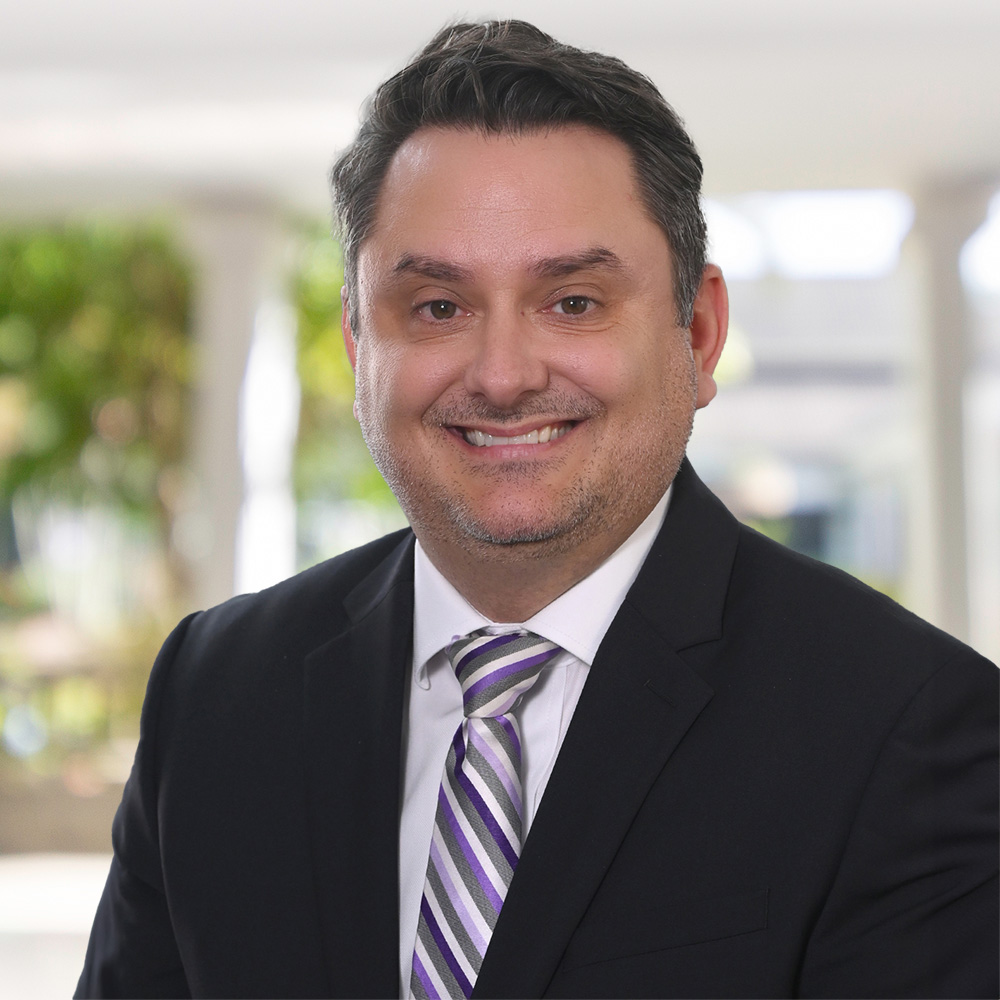Father’s Day Financial Advice

Father’s Day offers a chance to pause and appreciate the guidance that helped shape our lives. For many of us, the earliest lessons about money, work, and responsibility came from our dads—sometimes through stories, other times by example. In this post, several advisors reflect on the financial wisdom their fathers shared and how it still influences them today. Their memories may stir your own or inspire a conversation with your children or grandchildren. It’s a reminder that the most lasting financial advice often comes from the people who know us best.

Hannah Bryant, CFP®, Financial Advisor
(Hannah’s mom is Lois Basil, CFP®, who is the lead advisor in the Northcenter office)
My dad, Greg, is truly a jack-of-all-trades. After taking early retirement from the City of Chicago, he followed in my mom’s entrepreneurial footsteps and launched his own handyman business. Over the years, he’s generously helped my husband and me with countless home projects—most recently assembling a backyard swing set for our kids.
The best advice he’s given me—while not overtly financial—has stuck with me and absolutely applies to money: “Always have the right tool for the job.”
While he often means this literally (a proper drill bit, wrench, or saw), I’ve come to see it as sound financial advice, too. If you need help with taxes, hire an accountant—don’t risk DIY mistakes. If you want to make the most of your investments, work with a financial advisor. Just like with home repairs, having the right expert makes all the difference.

My dad, Larry, offered plenty of advice when it came to money. He would often say to spend less than you earn. He said to make sure to leave room for a tithe (charitable giving) as he experienced blessings tenfold on what he chose to give to God (others) instead of spending on himself. He stated that when you spend less than you earn, you’re not just saving the difference, but it gives you, at best, more choices down the road, or at worst, a cushion when life throws you a curveball. According to him, you build real wealth over time thanks to steady discipline.

Jessica Main, CPA, Manager, Tax & Consulting
Not all financial, but…
“If it doesn’t go easy, there’s something wrong.”
“If it sounds too good to be true, it probably is.”
“Surround yourself with people smarter than you.”
“Save 10% of your income.”
“You will save $200,000 in your lifetime if you buy a two-year-old car and keep it for six years.” I don’t know the accuracy of that statement, but he continues to live by that.

Mike Mesch, ASA, Director, Savant Tax and Consulting
My dad was NOT a financial guy at all—pretty much a seat-of-his-pants type. BUT, as kids, we never felt the money pain they were going through.
So, I guess, without even saying anything, he taught me that it doesn’t matter how much money we had; as long as we were grateful for what we did have, we could be happy.
I definitely think about that today, and it shapes my outlook on money.

Sharon Steffen, Senior Accounting Specialist, Tax & Consulting
When I was a teenager, all I wanted was to keep up with the cool kids. That meant splurging on something special, like designer Jordache jeans. (You know who you are!)
Just as I was about to spend my babysitting money, my dad stopped me with one simple question: “How long did it take you to save that money?” At the time, I didn’t fully understand. I had worked hard for a few hours and earned the right to spend it. His question did make me pause – but not quite enough to stop all the impulsive spending that comes with being a teenager.
As I matured, my dad elaborated. “First, you must earn the money. Then you have to pay your bills. Only after that do you get to decide what’s left to spend or save.”
From that moment of understanding, I saw things differently. I’d look at every “must-have” item and calculate how much I made an hour and how many hours I’d need to work just to afford it, before even paying bills. Boy, did that put things into perspective!
To this day, that mental math stops me from frivolous spending. I can now separate fleeting desires from real needs – and real needs from long-term goals. Though my teenaged dreams have changed, my life goals have not, nor has the math.
Nope, I never owned a Members Only jacket. But I did work extra hard to own that one pair of Jordache jeans.
The lifelong lesson my dad handed down? Absolutely priceless.

Angie Stephenson, CFP®, CPA/PFS, Managing Partner, Financial Advisor
(Lancaster, PA, and Wyomissing, PA)
My father was a significant factor in my life and career choices. As a young child, his advice was good, but as an adult, I realized he was preparing me to be an independent adult. Textbooks and teachers give you the basic knowledge needed, but my father truly prepared me for “Life.”
If something did not work out as intended, he would ask, “What are you going to do about it next time?” If you fail and allow it to define you, then you will be limited in life. He would not fix our problems; instead, figure out why you or something failed, fix it, and try again. Hard work and determination will take you much farther in life. I used to be frustrated by his comments, but they certainly taught me how to problem solve and persevere when times were not the best.
Also, when it was raining out, he would say, “Always remember how important a rainy-day fund is in your life.” When you grow up, it is important that you have a rainy-day fund when times are difficult. You should not spend everything you make; you must save for the days when times may not be as good to protect you and your family. He would give me allowance for chores and take me to the bank to put 20% of my allowance in a savings account to teach me how to save—a valuable lesson learned at a very young age.

Scooter Thomas, CFP®, ChSNC®, ChFC®, Financial Advisor
I have two that I like, and one is probably something a lot of people will say:
- “If it sounds too good to be true, it probably is.”
- “Whenever you get a raise, 20% of however much more you are getting needs to go to savings. $100 raise per paycheck? Save $20 of it and pay yourself first.”
This is intended for informational purposes only. You should not assume that any discussion or information contained in this document serves as the receipt of, or as a substitute for, personalized investment advice from Savant. Please consult your investment professional regarding your unique situation.
